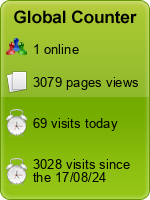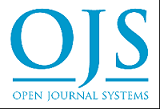Effectiveness of mobile-phone short message service (SMS) reminders for adherence to anti-tuberculosis treatment among pulmonary tuberculosis patients: A systematic review
DOI:
https://doi.org/10.33024/minh.v7i3.197Keywords:
Medication Adherence, Pulmonary Tuberculosis, Short Message Service (SMS) ReminderAbstract
Background: Tuberculosis (TB) is an infectious disease caused by bacteria Mycobacterium tuberculosis. TB treatment takes a long time, namely 6-9 months, so patient compliance in undergoing treatment is an important factor for the success of treatment. Several factors that can influence TB patient compliance include: drug side effects, distance from home to health facilities, and economic constraints. Use of information technology, such as short message service (SMS), can be an alternative to increase TB patient compliance. SMS is a communication technology that is affordable and easy to use, so it can be used by TB patients from various socio-economic backgrounds.
Purpose: Systematic review this is intended to assess the influence of use SMS reminder on treatment compliance in pulmonary TB patients.
Method: The method used is a systematic review. The source used comes from PubMed, ProQuest, Science Direct, Scopus, and Embase published from 2013 to 2023. The keywords in the search are Short Message Service (SMS) reminder AND Medication Adherence AND Pulmonary Tuberculosis Patient.
Results: There are ten articles showing the effectiveness of use SMS reminder on treatment compliance of pulmonary TB patients.
Conclusion: Usage SMS reminder can increase treatment compliance in pulmonary TB patients, as can be seen from research results that show increased treatment compliance rates, reduced drug dropout rates, and improved TB treatment outcomes. Therefore, SMS reminder can be an alternative that can be considered in the TB control program in Indonesia.
Downloads
Published
How to Cite
Issue
Section
License
Copyright (c) 2024 Malahayati International Journal of Nursing and Health Science

This work is licensed under a Creative Commons Attribution-ShareAlike 4.0 International License.









